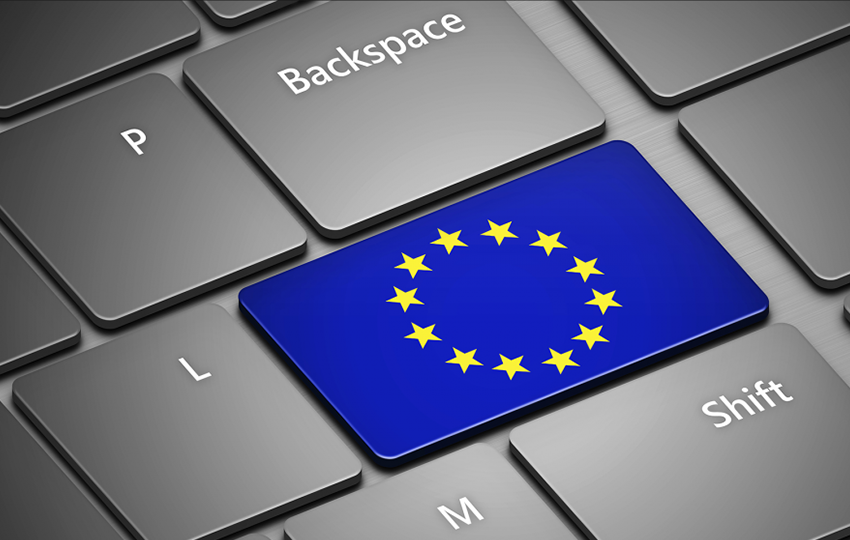What is it about?
The consequences of digitisation and of the implementation of the Digital Single Market on Public goods and services, cultural diversity, on access to culture and on the creation of cultural value need to be better monitored and understood, also through joint efforts by researchers, practitioners and policy-makers. Beyond the issue of portability of cultural content, coping strategies related to legislation on intellectual property rights (IPR) and copyright at European and national levels are at the heart of current creative practices and business opportunities in the cultural and creative sectors and, as such, deserve in-depth scrutiny. Innovative solutions for measuring the impact of digitisation and of the digital market on culture are also needed. In addition, an important knowledge gap exists when it comes to the adaptive or alternative strategies of different cultural institutions and of various creative and artistic communities.
Scope:
Proposals should develop and demonstrate the potential for sharing common services with different actors (public and private and third sectors) to achieve efficiency and effectiveness in these collaborations. The proposals should also evaluate the role and responsibility of the public authorities and of the other actors delivering public goods and services in the new governance model and the related partnerships, including in terms of the challenges of ensuring secure access and use. Evidence of the benefits of the full implementation of the once-only and digital-by-default principles and user-centricity should also be taken into account.
Proposals should also lead to the development of business plans for Public goods and Services that would ensure the long-term sustainability of the new governance model. They should engage multi-disciplinary and multi-sectoral teams to explore the complexity of this challenge and to identify the necessary changes as well as the legal, cultural and managerial risks and barriers to its implementation.
Expected Impact:
Solutions for opening up and connecting public administration data and services will have a measurable impact for both businesses and citizens, leading to efficiency gains. The actions will provide for all the elements required to facilitate the migration of public administrations towards forward-looking models for the co-delivery of public services
The actions will provide evidence of how the open government approach may reinforce trust in public institutions, which is strongly associated with citizens’ satisfaction from full deployment of inclusive digital government. The actions will also contribute to establishing a culture of co-creation and co-delivery, transparency, accountability and trustworthiness as well as of continuous consultation promoting overall digital accessibility.
In addition, to support the implementation of the Web Accessibility Directive, enhanced cooperation on digital accessibility between various stakeholders will result in scalable and more affordable accessibility solutions. Overall, the actions will contribute to the widespread recognition of the need for and benefits of an inclusive Digital Single Market.
Deadline: 14 March 2019
Available call budget in EUR: 8,000,000
In the same framework, iED has already implemented several innovative projects which included innovative practices. If you are interested in applying for this call you could contact us and further discuss the available options.

